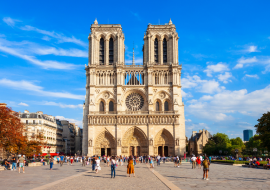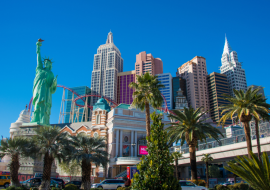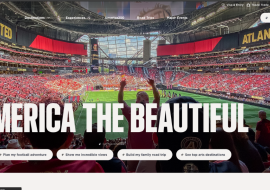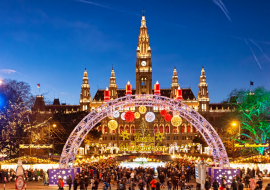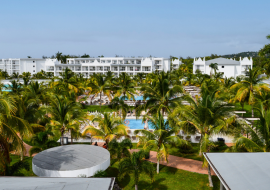Luxury Travel Market to Reach Nearly $40 Billion by 2028
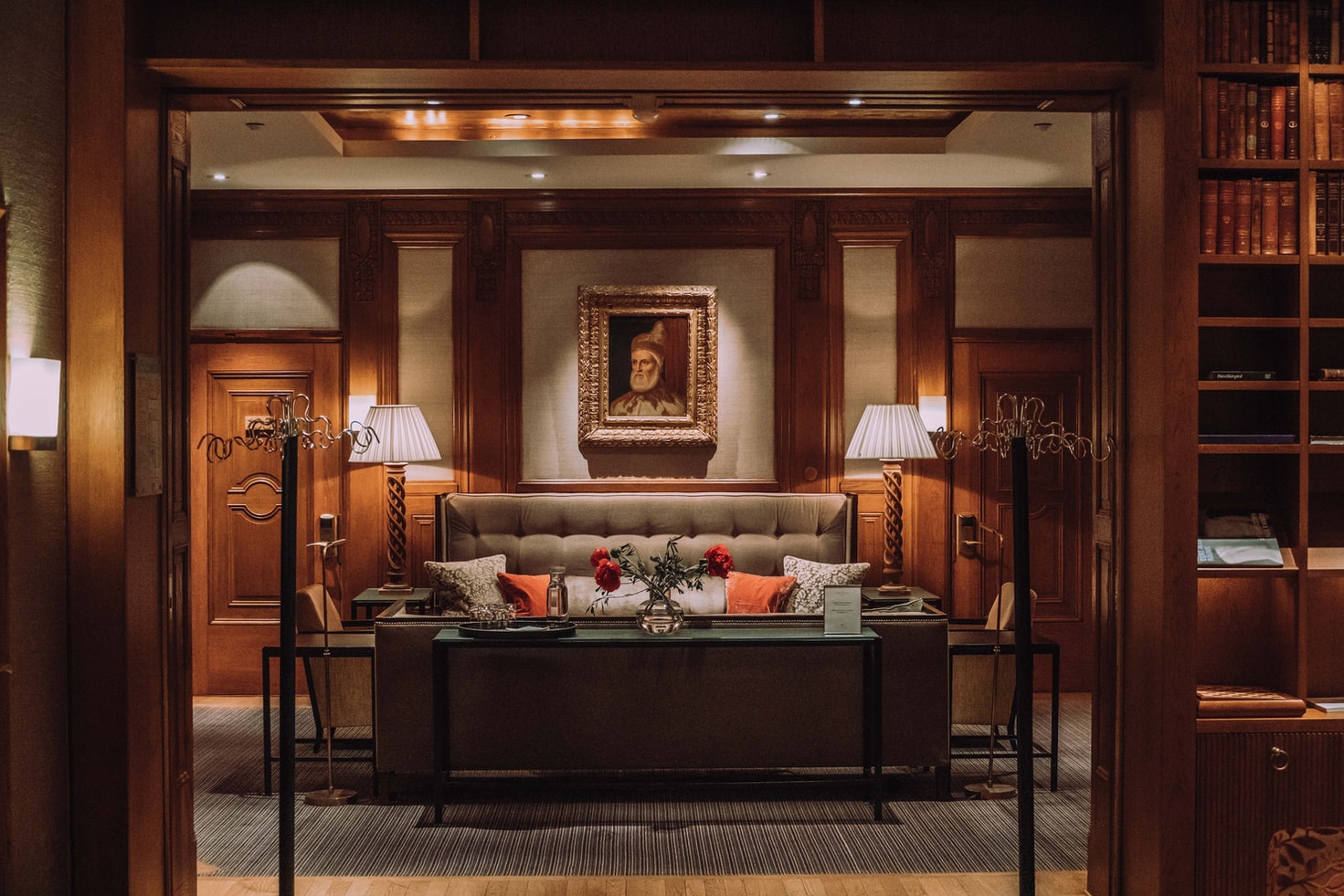
The luxury travel market size was valued at $22.2 billion in 2021, and it is anticipated to reach nearly $40 billion by 2028, registering a CAGR of about 8.4% during the forecast period (2022–2028).
The luxury travel market is expected to be driven by rising middle-and upper-class disposable income and consumer spending, rising demand for accumulating travel memories, and an increase in micro trips. In addition, the growing use of the internet and the presence of social media are driving the market forward.
The primary benchmark for the luxury travel market is growing traveler preference for personalized service, reliable transportation, exclusivity, and positive and professional interactions with staff.
Furthermore, growing political stability around the world in terms of gender, ethnicity, sexual orientation, human rights, racism, citizenship, and visa availability is propelling the luxury travel market forward.
The luxury travel market is likely to be driven by an increase in the number of people who prefer solo luxury tourism to achieve their travel goals without distractions or interruptions.
Consumer spending, rising millennial spending, and tourism sector expansion are all contributing to the growth of the luxury travel market. Growing middle-class populations are important contributors to market expansion.
Consumers are rapidly increasing their travel spending as a result of increased disposable income and celebrations and special events. Furthermore, rising affluence and government relaxation of visa restrictions on travelers are propelling the market forward at a rapid pace.
Consumer spending on travel is increasing as the working population grows, with a greater number of women in the workforce. As a result, the market has seen an increase in the number of female travelers, which is driving the market's growth.
According to statistics, luxury travel has become popular and a top priority for most people in terms of future spending options. Market leaders are devising unique strategies to target the growing middle-class segment in order to capitalize and attract more customers.
The increasing use of the internet and the presence of social media are propelling the luxury travel market forward. Traditional advertising is less effective than user-generated travel content. Furthermore, travel storytelling on social media platforms such as Instagram, Facebook, and blogging websites has exploded.
Based on region, Asia-Pacific held the largest Luxury Travel market share of about 33%. Europe is in second, accounting for about 30% market share.
Based on age group, the Millennial segment is expected to be the most lucrative segment. Luxury and meaningful consumption are more important to millennials than owning things.
They are more religiously and politically independent, more entrepreneurial, less likely to marry, distrustful of authority, better educated, and more travel-oriented than any previous generation.'








